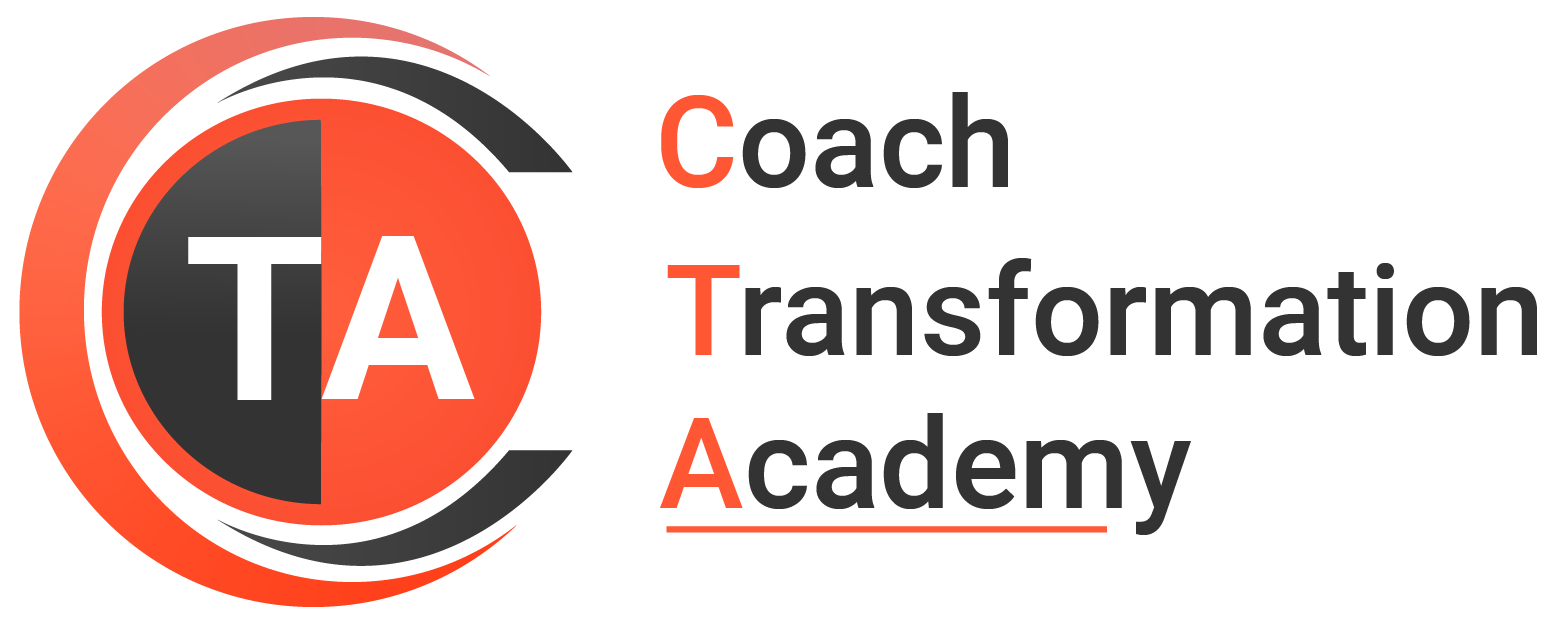Coaching has been part of my personal development plan for some time, so when the opportunity popped up to enroll in this program, I felt I had to commit myself and find the clarity and insight I was looking for. My interest in coaching stems from several senior roles I have held in managing large sales teams where I played the role of a performance coach/mentor without any formal training but enjoyed it immensely especially watching people develop. So, I had created my own impressions of what coaching was and aware of the growing industry, especially in the corporate world.
This was an excellent opportunity for me to clarify some of my thoughts. The aim was to learn exactly what a coach’s role was and the key skills that make a great coach great and decide how I wanted to move forward with it as a full-time career.
The first bit of insight came from the definition of a coach. My understanding until now was that a coach, being an expert in a particular field, provides the client with professional advice for a fee. I was also under the impression, mainly from my coaching role in the workplace, that a coach provides the coachee with advice and feedback. So it came as a surprise when I learned that it is not about telling or advising your client what to do and how to do it.
Instead, it was a partnership where you help them resolve an issue themselves through powerful questioning and allow them to open up and find the answers or solution themselves. The key is to skillfully help them unlock their thinking and remove the barriers. These barriers are often mental blocks created by the clients through their own value and belief systems, and essential to base your questioning around that.
I also learned that coaching is based on the premise that the client has the answers to their own problems. It’s the coach’s job to help them to find their answers. Also, the responsibility for learning rests with your client and not with you as the coach. The practice of training, mentoring, counseling, and therapy all, on the other hand, give advice, feedback, and or pass on experience or information to their client.
Coaching versus Mentoring
It was also essential to understand the difference between coaching and mentoring as they are two different activities. The mentor advises and shares their own experiences and is usually more experienced and qualified than the learner. Furthermore, mentoring is a more long-term, ongoing relationship that takes a broader view of the person. The mentor provides support and guidance to prepare the learner for possible future roles. So, mentoring revolves more around developing the person professionally.
Coaching versus Telling
The above theory explains why coaching works much better than telling in the world of learning. When we are told something, we do not create a new mental map. When we gain insight from thinking about something in-depth, we do. It’s as simple as that. So, providing insight through coaching, i.e., asking questions, is more brain-friendly than telling someone the answer. To take any kind of action, we have to work things out for ourselves. Also, an additional issue with telling is that it is more likely to set up a ‘threat response’, as the individual’s predictions and connections are different from what was expected. This difference creates an ‘error message’ and a sense of pain in the brain. This, in turn, moves people away from the new information and increases the likelihood of resistance. Therefore, if we tell rather than coach, we could be wasting our own energy and making it more difficult for our client to grasp a new idea. The coach’s job is to create insight, not to give advice.
Personally, the most valuable insight was learning the essential skills of a great coach to provide the right balance of two things to their client: support and challenge.
As a coach, it’s simple: we don’t get to judge another human being. Being a great coach is about being curious and having an open and inquisitive mind. This will allow you to focus on doing the best for your client by reflecting, providing feedback, and asking great questions. Being open-minded means understanding that other people have different points of view and that in their view of the world, they may be right.
And lastly, probably the most challenging skill to develop for a coach is Resisting Temptation to Tell. Not telling your client what to do or think or give advice.
Final thoughts: it has been an excellent program. I have thoroughly enjoyed the experience, learned a lot, and gained the insights I was looking for its now a case of putting it all into practice in the workplace and take the next steps to become a professional coach.






